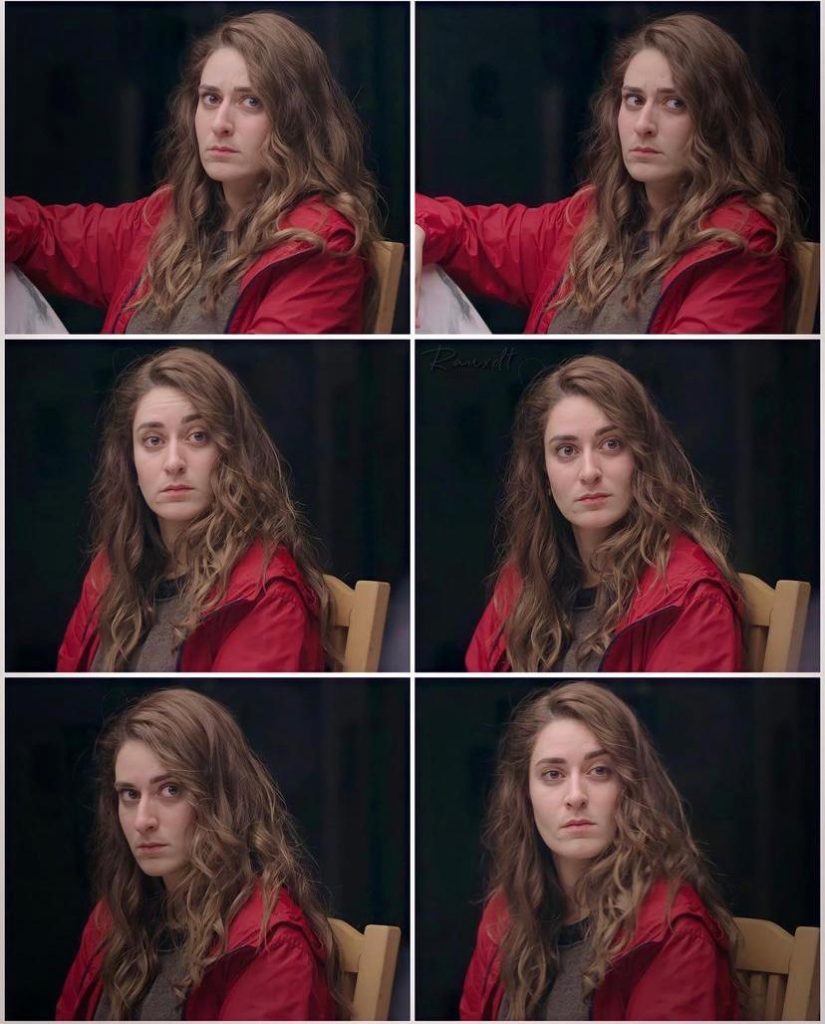‘Khaly Balak Min Zizi’ is one of the first Egyptian shows meant to represent a mental disorder, known as Attention Deficit Hyperactivity Disorder (ADHD). The show presents an extreme version of the illness, which is being negatively perceived on social media as Zizi having annoying personality traits and character defaults rather than the effects the illness itself has on her. This social reaction has helped place further emphasis on how mental illness is still being badly perceived by the public and how we have a long way to go in altering this perception.
The show stars Egyptian actress, Amina Khalil playing the role of Zizi, who is embodying the stigma in this case. The show is successful in communicating the struggles of those who suffer from mental illnesses – be it ADHD or otherwise – by broadcasting the negative associations that some people relate to when discussing mentally illnesses.

I have experienced this first hand, having been diagnosed with Obsessive Compulsive Disorder (OCD), I felt constantly frustrated and misunderstood, with my obsessions and compulsions being belittled to a cute quirk. “I am so OCD” only meant being organized and clean, when in fact it is a paralyzing experience of helplessly giving in to intrusive thoughts, and at times feeling like your brain is attacking itself. From my personal experience in giving educational seminars to mentally ill patients, I’ve gained a better understanding of the feelings and experiences associated with certain illnesses.
These misconceptions are one of the biggest flaws in our society today. Whether it’s Bipolar Disorder recklessly compared to the unpredictability of the weather or an individual’s mood swings, when in fact it can reach the point of lying awake for three days induced by a manic episode. Or whether it’s ‘you’re psychotic’ being misplaced in certain contexts to imply ‘craziness’, when in fact it is often accompanied by some of the most uncomfortable feelings. In each case, and many more, the sufferer of a mental illness fails to be seen, heard, and understood for what he/she really goes through. In each case, the sufferer is weakened and demoted by the public, when in fact they are resilient and tenacious for their capacity to persevere an unbearable experience that’s absolutely incomprehensible to many.
Although Egypt and the rest of the region has made many advancements in destigmatising mental illnesses, have we even scratched the surface? Ally Salama, as an example – the Middle East’s Mental Health Ambassador – has paved the way towards becoming more and more aware of the agonising experiences it brings to its sufferers. Hospitals like El Mashfaa and Behman, have improved conditions for their patients by adding activities such as art and music therapy.
We see this highlighted in ‘Khali Belak Men Zizi’, where the suffocating feeling of suppressing one’s mental experiences out of fear of being judged is a common theme. By all means, the show successfully took initiative in bringing the relevance of mental health into the foreground. And I genuinely hope that through the show’s subliminal implications, the region will continue to shift from using ‘Khali Balak Men’ to ‘Khali Balak 3ala’, when they refer to those struggling with mental health problems.
Now, why is it crucial to do our very best in understanding and empathizing with those who are afflicted by mental disorders? Yet more importantly, what is the consequence of claiming to understand something you haven’t taken the proper time to grasp?
The answer is grave ignorance. The answer is unawareness. The answer is people being weary of mentally ill people labeling them as ‘crazy’ or otherwise. The answer is making those who struggle with mental agony feel ashamed of their experiences, disabling them from being able to express what they go through. The answer lies in stifling a prevalent phenomena that has a long way to go in ending the stigma that surrounds it. The answer lies in silencing a pain that should not be silenced. The answer lies in trivializing an experience, that those who don’t suffer from will never quite understand. And finally, the answer lies in working on no longer being part of the problem, but being part of the solution instead.



